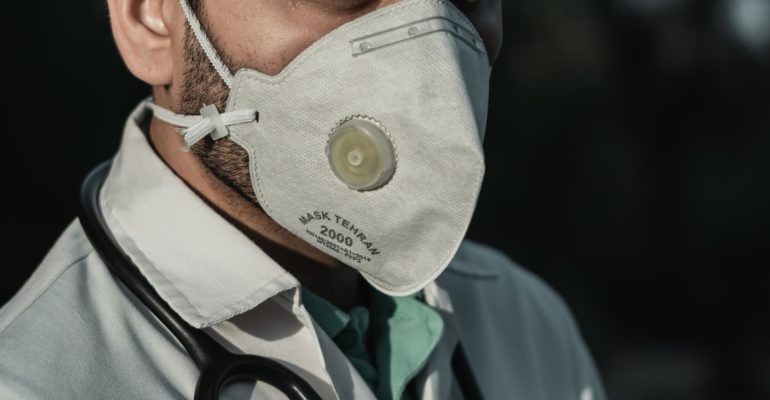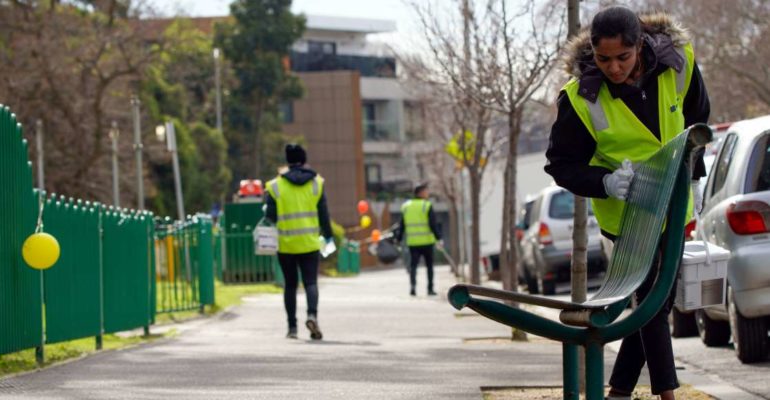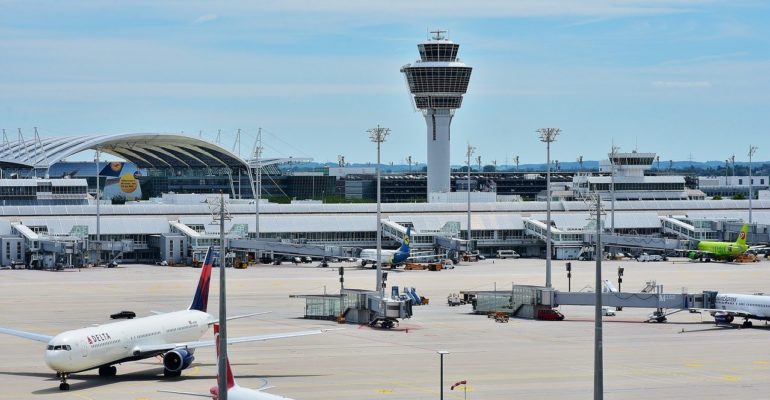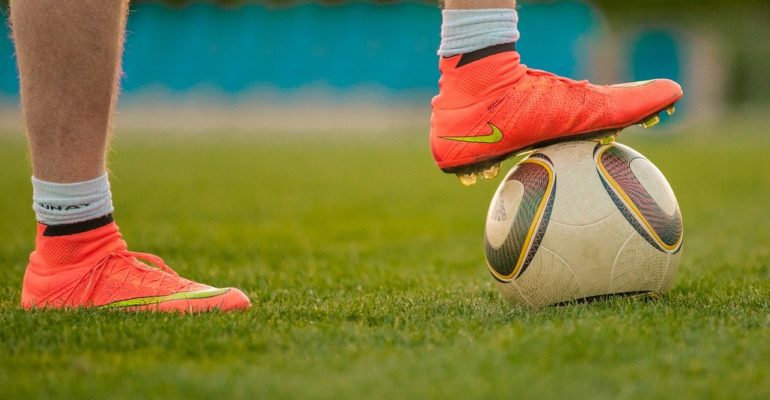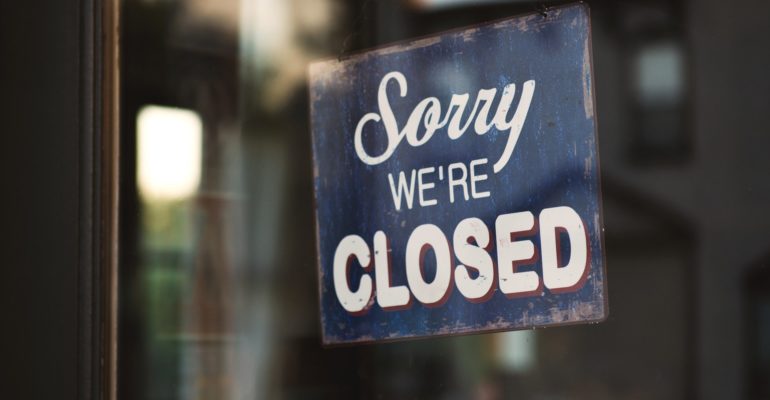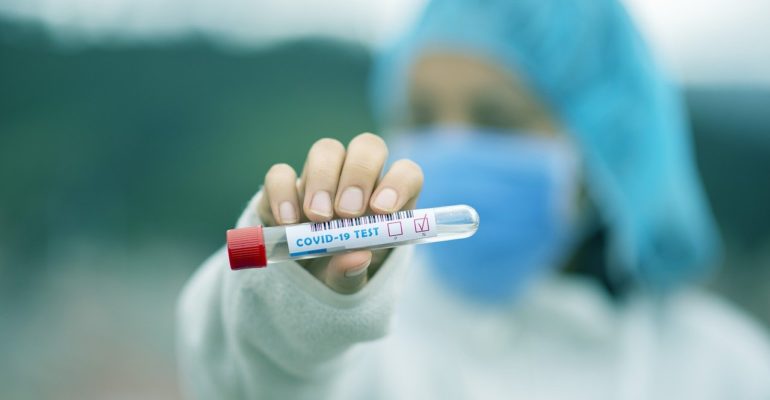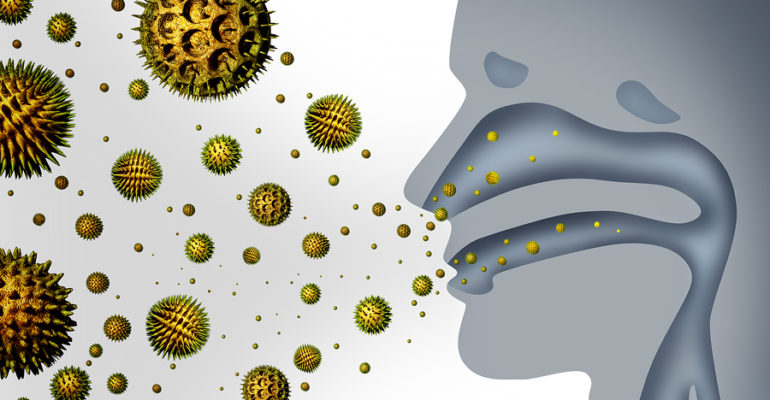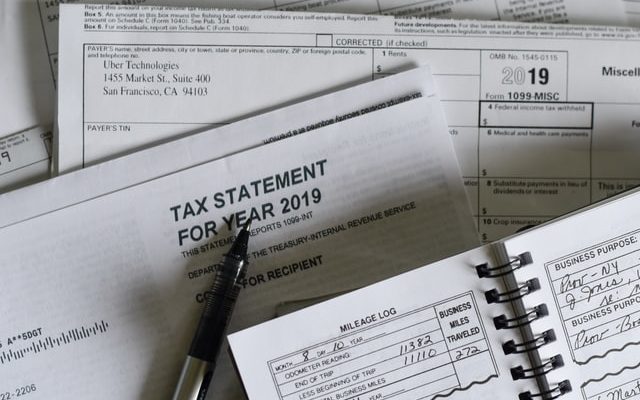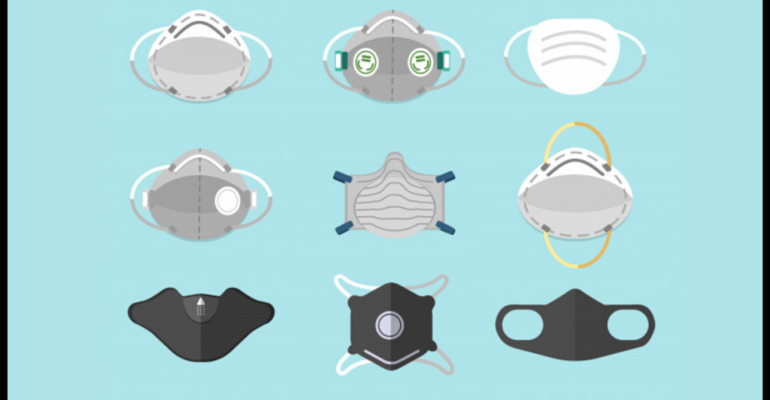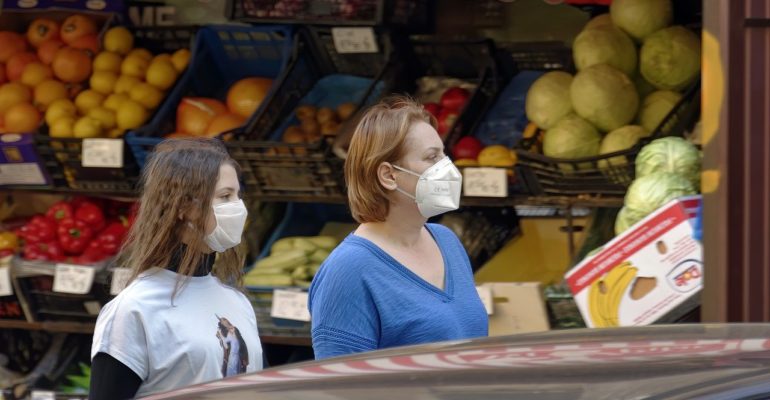N95, FFP2 NR & KN95 Mask Fitting – How to Check for a Good Fit?
2020 is the year that has changed the meaning of normal for each and everyone across the globe! As we cautiously tread ahead in the new decade we will have to get comfortable with the new “normal.” And, a vital part of this normal is wearing masks!
Whether we wear N95 masks, FFP2 NR Masks, KN95 Masks, or NIOSH N95 masks, their proper fitting is important to ensure that they serve their purpose.
How to ensure that the mask fits well?
Fortunately, most masks come with the manufacturer’s instructions on how to use them. The first step is to adhere to these instructions.
Some common instructions for wearing the mask include:
Fitting the nose clip on the mask to the shape of the nose.
After this, you will need to ensure that the straps are placed appropriately ensuring a positive face seal.
You can verify if your mask is a good fit by ensuring that there is no airflow between the mask and face when inhaling. This test is important for any N95 masks, FFP2 NR Masks, KN95 Masks, and NIOSH N95 masks.
After making sure that you have followed all instructions provided by the manufacturer, the next step is the “odor test.”
Traditional “surgical style mask” or “dental mask” do not block odors. In contrast, a properly manufactured and fitted N95 mask, FFP2 NR Mask, KN95 Mask, and NIOSH N95 mask should be able to block odor. This might feel strange to people who are not accustomed to wearing medical masks.
If your mask fits well you will be unable to smell your cologne, perfume, body odor, etc. from yourself or others around you.
Some health care professionals check for the odor test by spraying a familiar perfume nearby (no directly at the face) and inhaling deeply to test. The mask is considered compliant and well-fit only if they are unable to smell the perfume.
It is recommended that you change your mask after a few hours. While changing your mask, you will need to move to a “safe area” and change to a new N95 mask, FFP2 NR Mask, KN95 Mask, or NIOSH N95 mask!
Each time you change your mask, make sure that you follow the above instructions for a proper fit.
Unfortunately, even during such troubled times, there are many looking for their own profits. Therefore, there are counterfeit masks available in the market. These masks could cause more harm than good. Hence it is imperative that you ensure that you use only genuine masks.
How to guard against counterfeit masks? Check this Frist-Res blog about the risks of counterfeit masks.

